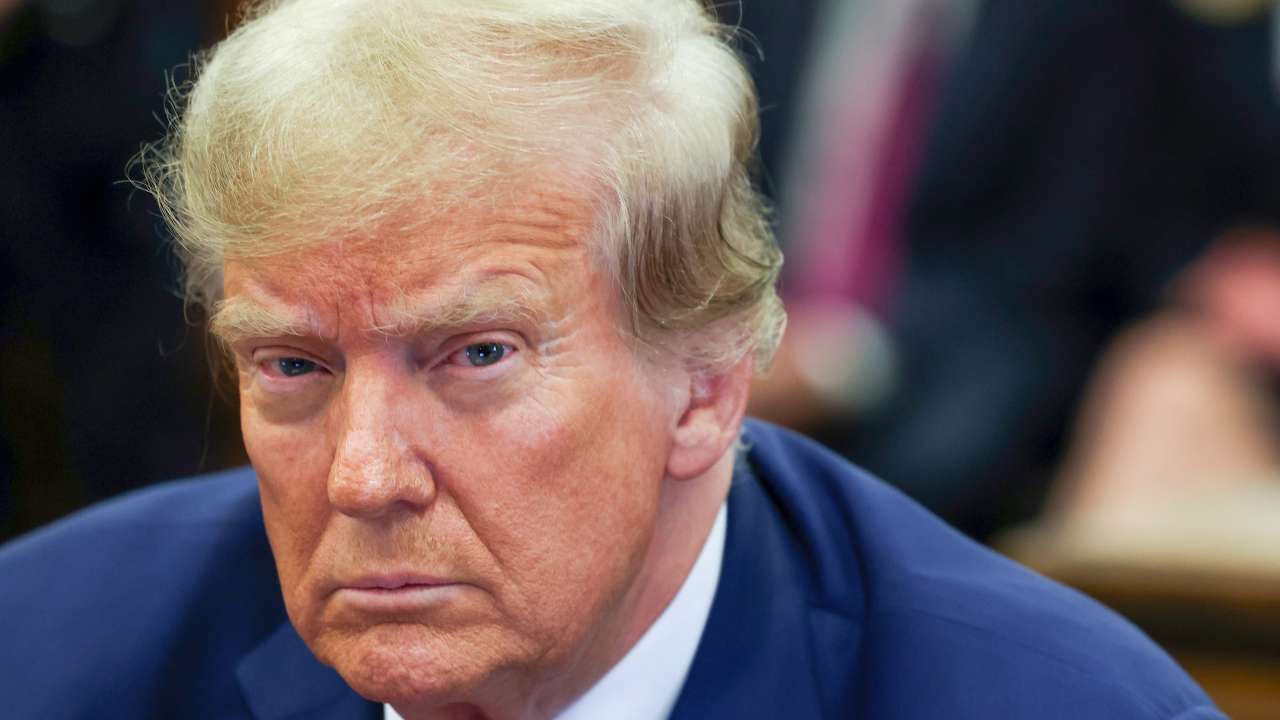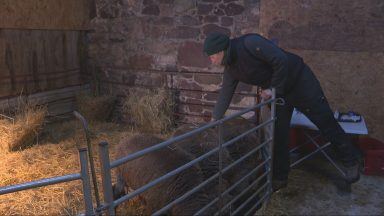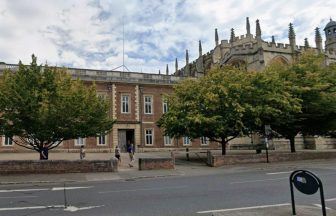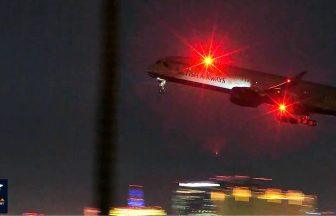The US Supreme Court has ruled Donald Trump can remain on the ballot in the Colorado primary election, in an unprecedented legal case.
The ruling means the former president will be able to run to be the state’s presidential candidate in its primary election on Tuesday.
The nine justices of the Supreme Court ruled unanimously against a Colorado decision that Trump should be disqualified.
The decision was made under Section 3 of the 14th amendment to the US Constitution, which prevents those who “engaged in insurrection” from holding office.
The Supreme Court justices concluded – “States have no power under the Constitution to enforce Section 3 with respect to federal offices, especially Presidency”.
In December, the Colorado Supreme Court made a groundbreaking decision that said Trump should be disqualified from running for president again, because of the January 6 Capitol riots.
Trump challenged this ruling, meaning it was up to the highest court, the US Supreme Court, to decide whether he can appear on the ballot in Colorado.
The Supreme Court has until now never ruled on this amendment – making it an unprecedented case.
Thousands of Trump supporters stormed the Capitol building on January 6, 2021 in an effort to overturn his election defeat to now President Joe Biden, with Trump giving a speech beforehand in which he told his supporters to go to the Capitol and “fight like hell”.
The former president strongly denies the claims and his lawyers argue the riot did not amount to an insurrection.
Trump also has since been barred from the primary ballot in Illinois and Maine, though both decisions, are subject to the Supreme Court’s Monday ruling that states can’t enforce Section 3 of the 14th Amendment on presidential candidates.
Colorado is one of 15 states holding primary elections on Tuesday March 5, known as “Super Tuesday”.
Both sides had requested the court come to a conclusion quickly, to clear up uncertainty on whether votes for Trump in the Colorado primary would actually count.
Trump is currently the frontrunner for the Republican nomination to challenge President Joe Biden in the election on November 5.
Last week he saw victories in the Michigan, Missouri and Idaho caucuses.
It had been expected the justices would rule in Trump’s favour, three of them – Neil Gorsuch, Brett Kavanaugh and Amy Coney Barrett – were appointed by Trump during his presidency.
Trump is facing a number of other legal challenges, with a total of 91 criminal charges in four prosecutions.
A New York trial where the former president is charged with falsifying business records in connection with hush money payments to a porn actor, is set to begin on March 25.
Last week the Supreme Court also agreed to hear arguments in late April over whether Trump can be criminally prosecuted on election interference charges, including his role in the Jan. 6, 2021, attack on the US Capitol.
Follow STV News on WhatsApp
Scan the QR code on your mobile device for all the latest news from around the country




























